Navigating Handshake as an F-1 International Student
Work Authorization-Related Questions
Many companies will ask two work authorization-related questions of all applicants for a position:
- Do you have authorization to work in the U.S.?
- Will you require visa sponsorship to continue working in the United States in the future?
Difference between “U.S. work authorization” and “Visa Sponsorship”
In order to answer those questions, it’s important to understand the difference between “U.S. work authorization” and “visa sponsorship”:
U.S. work authorization: the permission to work in the U.s. For F-1 students, U.S. work authorization most commonly looks like an approved segment of OPY or CPT for off-campus employment. (F-1 students inherently have on-campus work authorization at the insitutition where they are enrolled.)
Visa Sponsorship: Visa sponsorship is specific to certain immigrant and work visas. The H-1B work visa, for example, requires sponsorship by an employer. You may be curios to see which employers sponsor work visas as you are planning your long term employment goals in the U.S. However, visa sponsorship should never be confused with CPT or OPT. There is no visa sponsorship required while in F-1 status, even on POT or CPT.
These two work authorization-related questions pop up in Handshake, too. Answering these questions in Handshake is optional. It is your choice whether you would like to provide these answers at the time of application. It is a violation of federal and state anti-discrimination laws for employers to discriminate against applicants because of their race, ethnicity, or national origin.
Employers who post jobs in Handshake are required to answer a few work authorization-related questions, too.
- Does thus position require U.S. work authorization?
- Would you sponsor a work visa for the right candidate?
- Are you willing to hire candidates that are temporarily authorized to work for a defined period in their field of study (e.g. for a job/internship under OPT/CPT)?
The answers to these question show up as notation within Handshake’s job postings. You may notice notations in job postings such as “will sponsor a work visa” and/or “accepts OPT/CPT” based on the employer’s response to these three questions. You may even filter job postings in Handshake based on these criteria. While these work authorization notations can be a great reassurance that a position is open to International applicants, you can apply for a job even if these notations are missing from the posting.
Things to Keep In Mind When Looking for Jobs in Handshake
- Optional Practical Training (OPT) and Curricular Practical Training (CPT) are both forms of U.S. work authorization. If you currently have OPT/CPT, or if you will have OPT/CPT at the time of employment, you should have the U.S. work authorization needed to engage in the job.
- OPT and CPT do not require “sponsorship.” Sponsorship is required for work visas such as an H-1 B. While it may be helpful to see which employers are receptive to visa sponsorship when planning long term, you will never need “sponsorship” while on OPT or CPT.
- If a job posting in Handshake does not specify that OPT/CPT is acceptable, do not worry. This does not mean that all F-1 students are barred from applying. OPT/CPT are both valid forms of U.S. work authorization. Apply for the job and discuss the length of the commitment along with the length of your U.S. work authorization once you have received an offer.
- You can apply to any job in Handshake. Handshake will not bar you from submitting an application, even if a red warning message appears based on a potential work authorization mismatch.
- You are encouraged to follow up with the hiring institution directly upon submission to check your application. Your hiring institution may not have sufficient knowledge on OPT/CPT. You can reinforce or educate them on your eligibility for the opportunity.
Where to Turn for Help at Amherst
Loeb Center (Micah Owino, social impact program director): Questions about navigating your job search and finding career support as an international student
Office of Immigration Services (Hanna Bliss, director): Questions about F-1 status, including OPT, CPT, and other F-1 work authorization-related questions
Center for International Student Engagement (David Ko, director): Questions about the international student community and experiences at Amherst College
lnterstride: an interactive career platform designed to enhance the career exploration and job-search experience for international students
